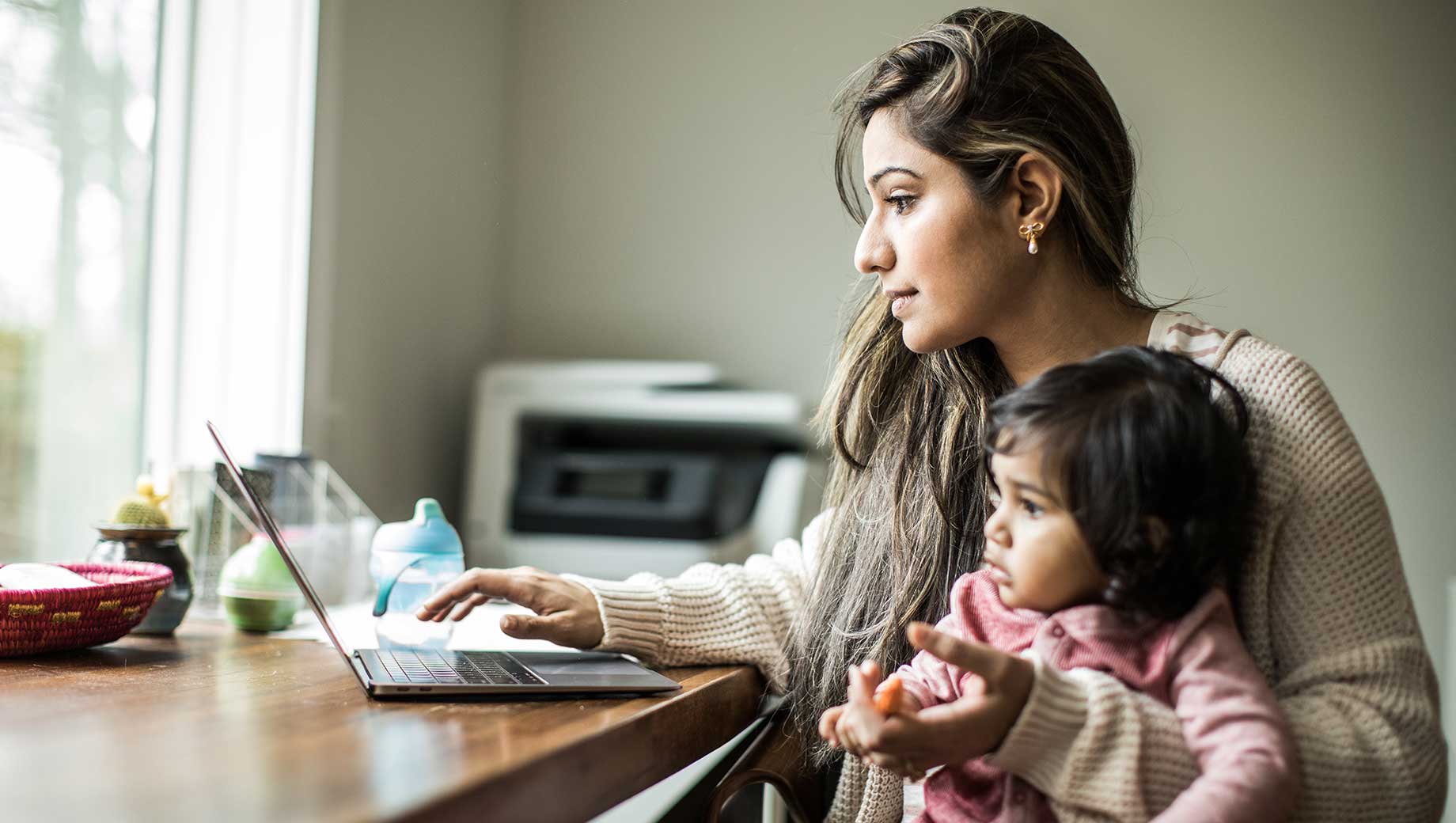Story Highlights
- 42% say today's youth are likely to have better life than their parents
- Optimism is down 18 points since last reading, in 2019
- Republicans' optimism has fallen 33 points since 2019; Democrats' is flat
WASHINGTON, D.C. -- Americans have as little optimism as they have had at any time in nearly three decades about young people's chances of having greater material success in life than their parents. In all, 42% of U.S. adults think it is very (13%) or somewhat (29%) likely that today's youth "will have a better living standard, better homes, a better education and so on." This marks an 18-percentage-point drop since June 2019 and is statistically tied with the previous low in 2011.
Since 2008, Gallup has been gauging Americans' assessments of the next generation's likelihood of surpassing their parents' living standards, and before that -- from 1995 through 2003 -- the question was asked by The New York Times and CBS News. The highest percentage of U.S. adults expecting better lives for the next generation was 71% in 1999 and 2001.
While the latest 42% combined very/somewhat likely reading, from a Sept. 1-16 poll, is two points below the prior low in 2011, the current 13% who are very likely to feel optimistic about the next generation's achievements matches the 2011 and 2012 readings and is slightly above the lowest on record, 11% in 1995.
Twenty-eight percent say it is somewhat unlikely that today's youth will have better lives than their parents, while 29% -- two points above the prior high from 2011 -- say it is very unlikely.
The general pattern throughout the trend has been that in periods of economic challenges, such as elevated unemployment, recession or high inflation, optimism is comparatively low. This was the case in late 2008 during the Great Recession and now during the highest inflation in more than four decades. Since the trend dates back only to 1995, optimism may have been lower than the current reading in previous periods of economic struggle in the U.S.
Republicans' Diminished Optimism Driving Latest Change
The decline in Americans' outlook for young people's lives since 2019 reflects a steep drop in optimism among Republicans and independents who lean Republican. At the same time, Democrats' and Democratic leaners' optimism hasn't changed. Currently, 53% of Democrats and 33% of Republicans think it is likely that the lives of today's youth will be better than their parents' lives. Democrats' optimism is their lowest reading historically by two points, while Republicans' is shy of their 30% reading in 2012.
Longer term, Republicans' partisanship appears to be an even more significant driver of optimism about the next generation than economic factors are -- Republicans' swings in optimism are greater than Democrats' when the sitting president's party changes.
Republicans' optimism rose 29 points after Donald Trump became president and fell 33 points after President Joe Biden took office. Similarly, Republicans' expectations for the next generation fell 17 points after the 2008 election when Barack Obama replaced George W. Bush as president.
Democrats' assessments of the next generation's living standards have been more consistent across presidential administrations, with majorities ranging between the current 53% and 69% offering a positive outlook since 2008. While Democrats became less likely to expect higher economic attainment for the next generation (-13 points) after Trump became president, their optimism has not changed, even though their party won the presidency in 2020.
Lower-Income Americans More Optimistic About Next Generation's Prospects
In addition to partisanship, Americans' views of the possibility for today's youth to have a better life than their parents are tied to their income level. Those in households with lower incomes are significantly more likely than those in higher-income groups to expect the next generation to do better. Fifty-two percent of those with annual household incomes under $40,000 are optimistic about future generations, compared with about four in 10 of those in the two higher-income groups.
Bottom Line
Americans' overall sour mood about the economy and the direction of the country is also borne out in their low optimism about the next generation's prospects of having a better life than their parents. Republicans, in particular, have become sharply more pessimistic since 2019.
To stay up to date with the latest Gallup News insights and updates, follow us on Twitter.
Learn more about how the Gallup Poll Social Series works.




